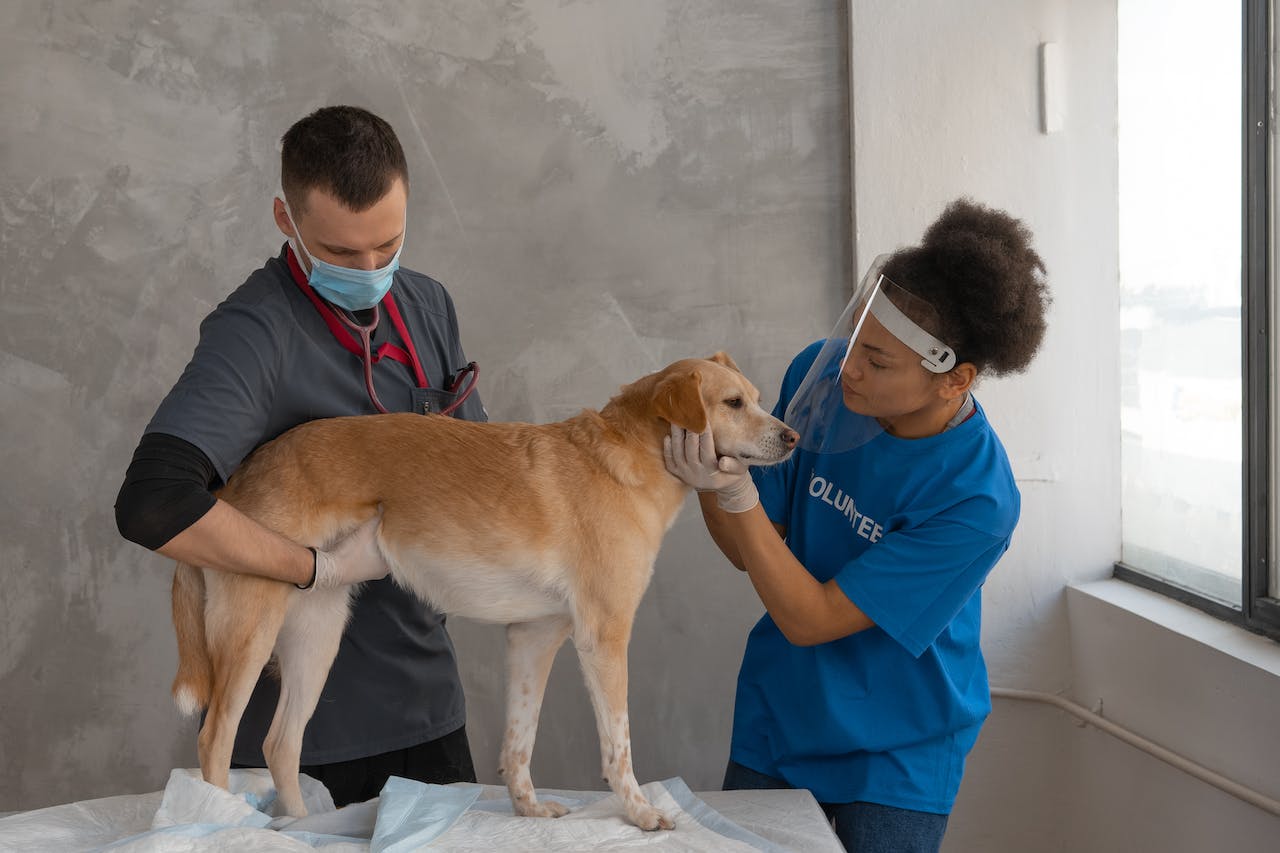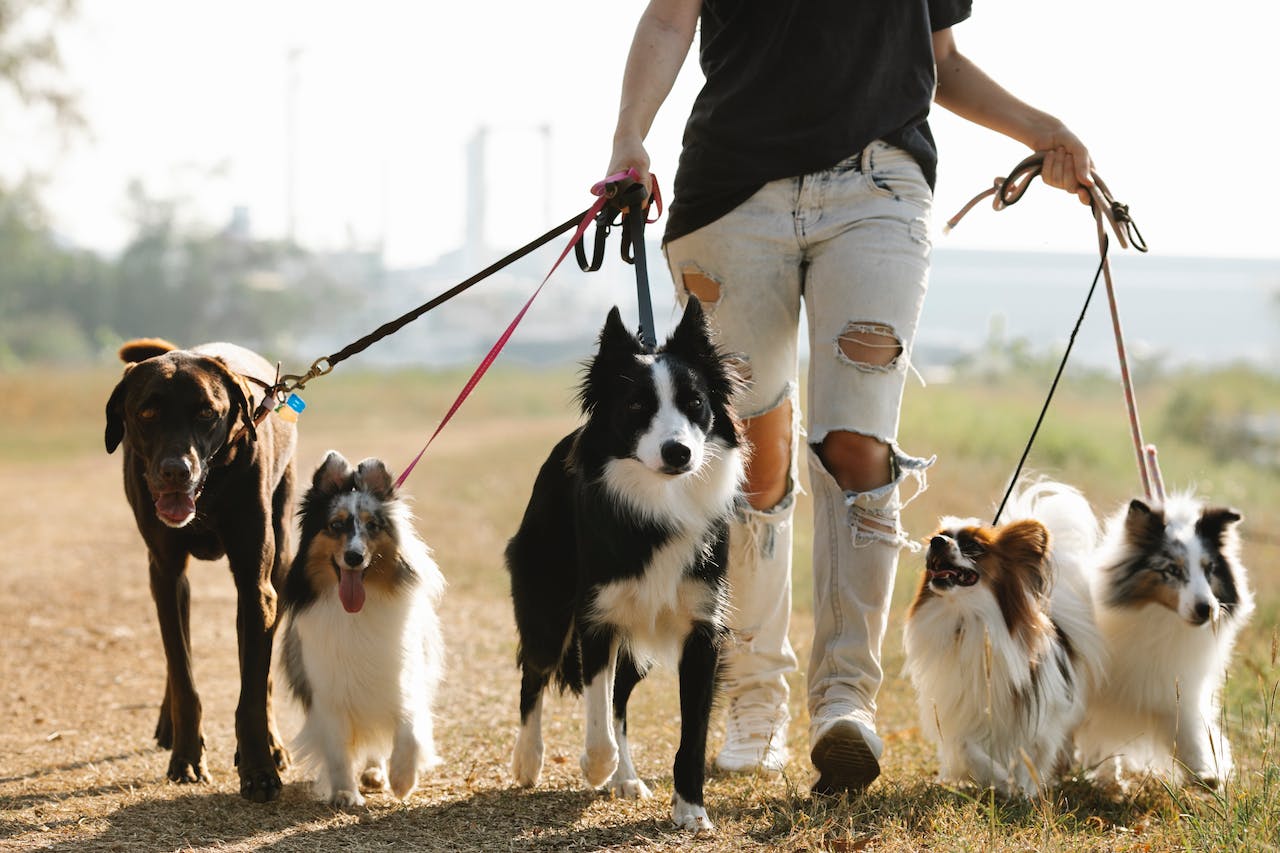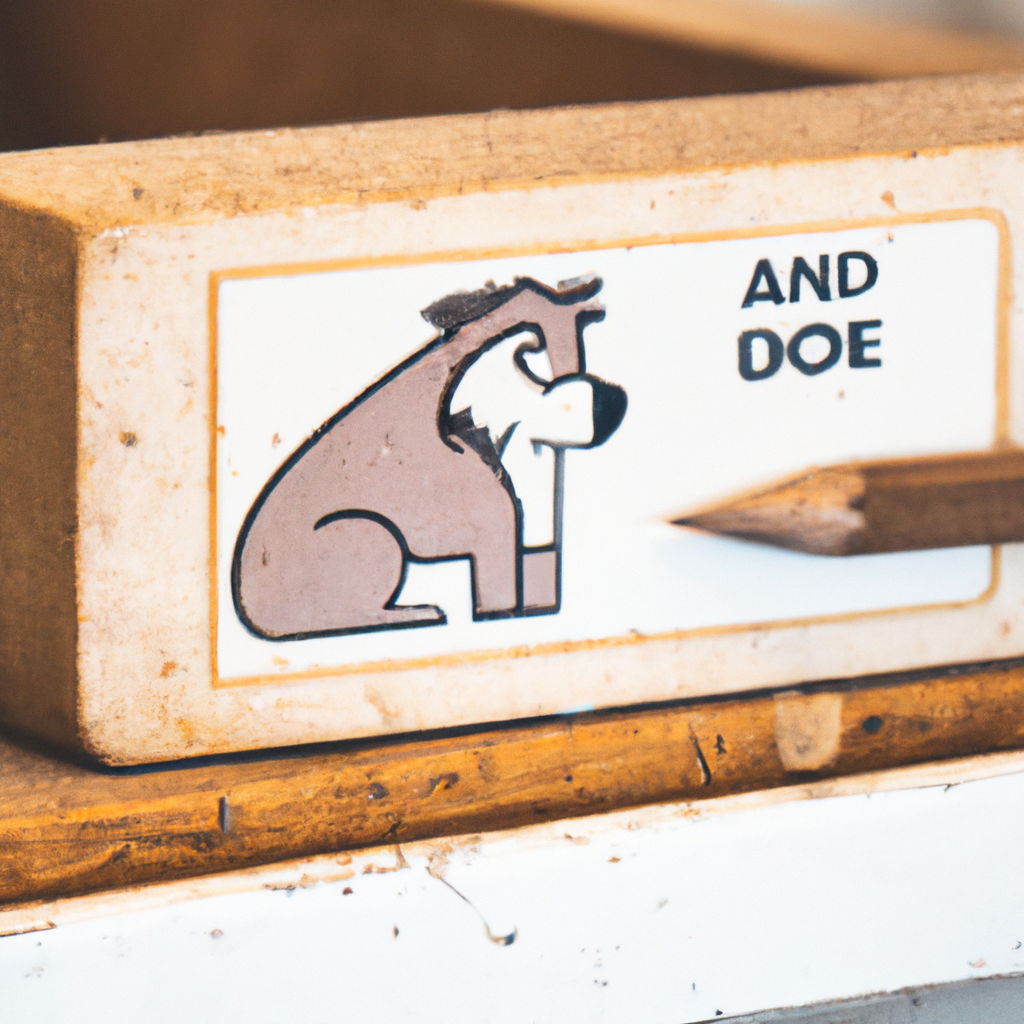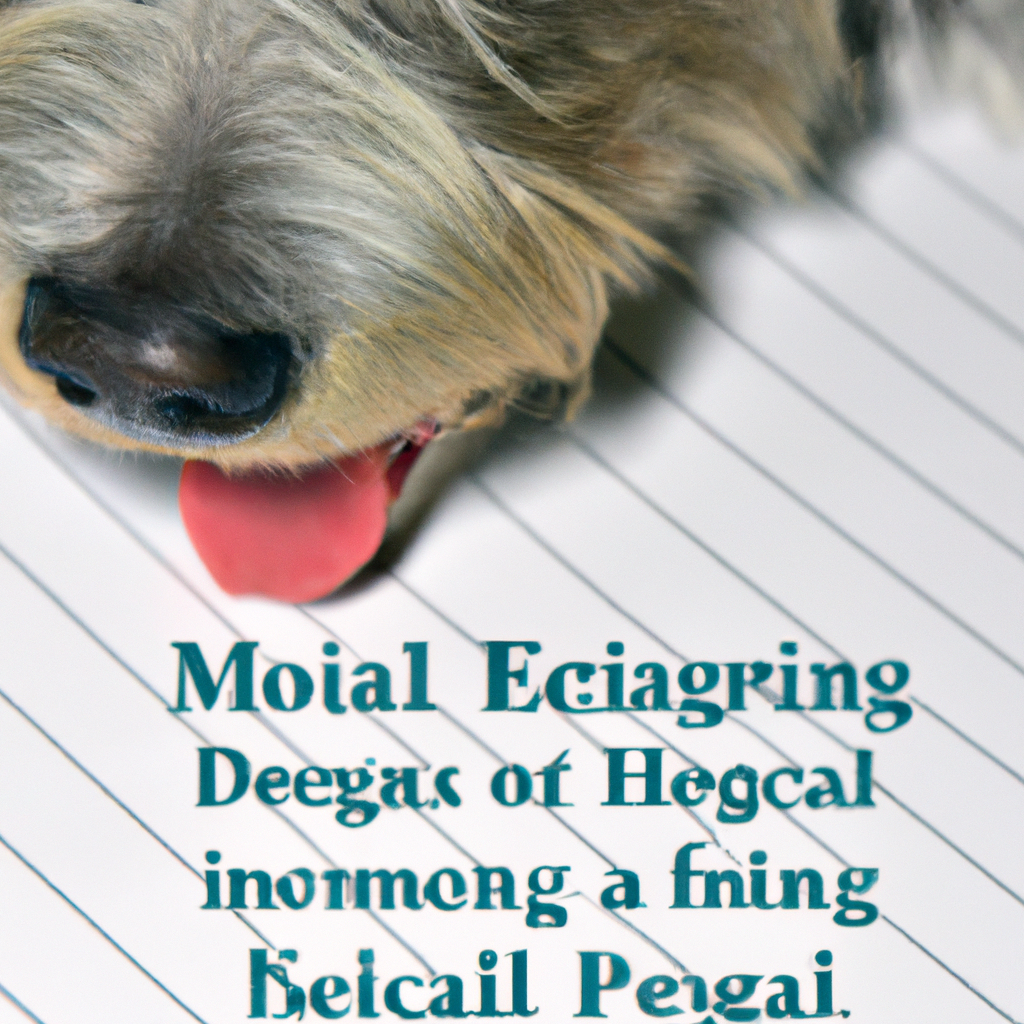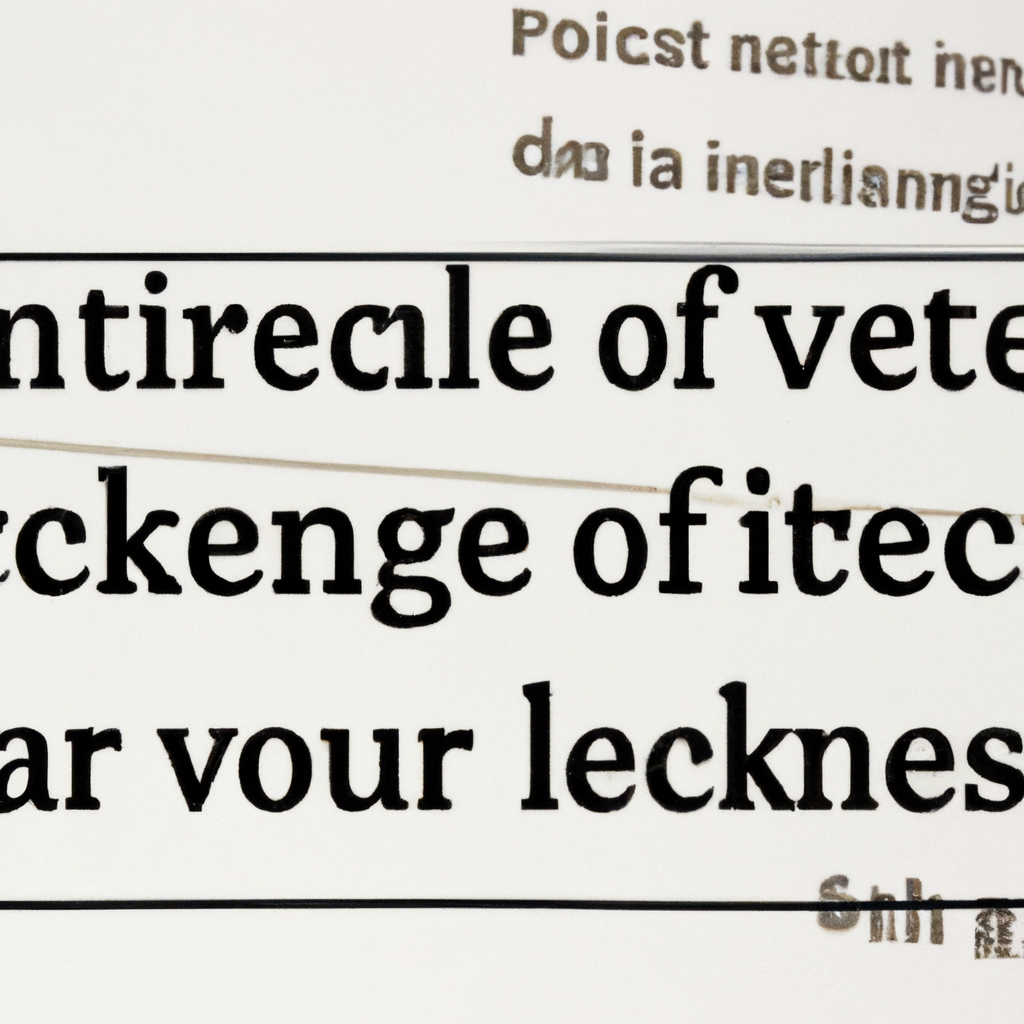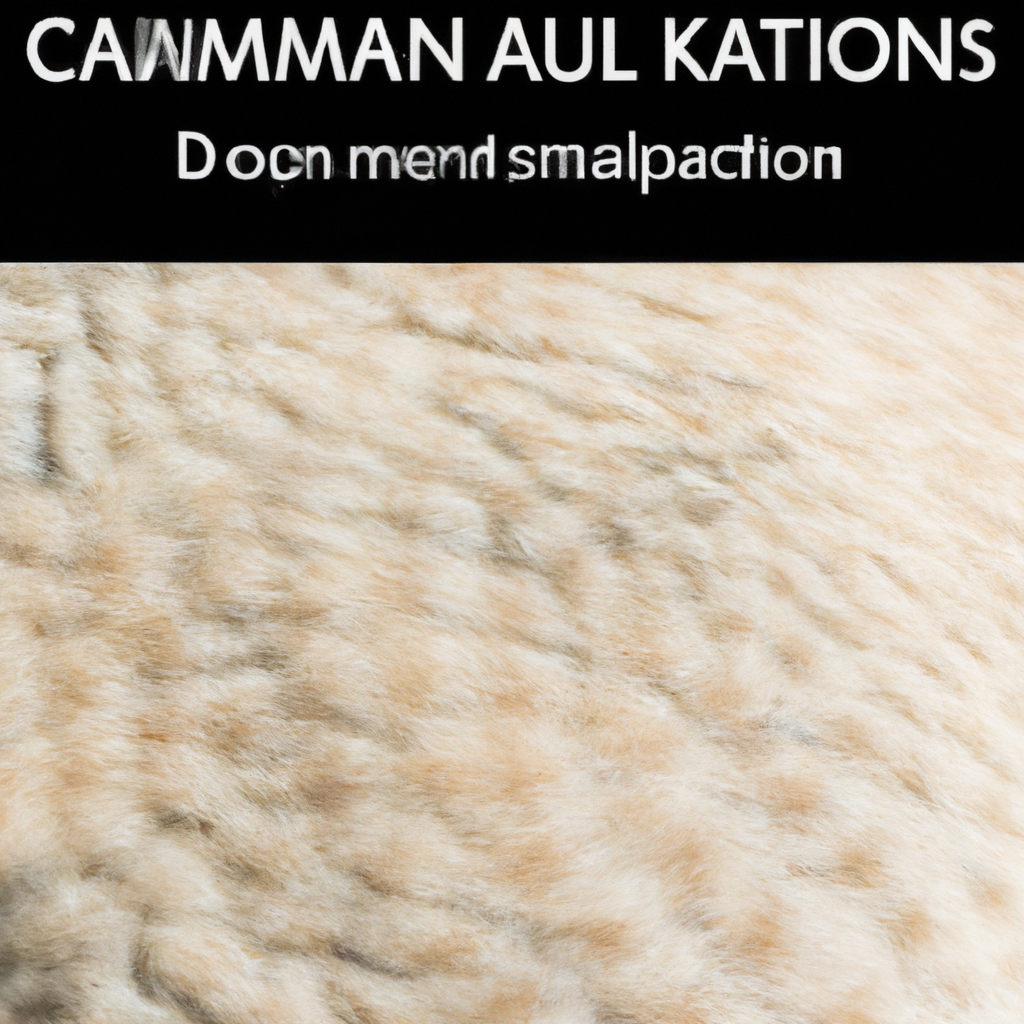Tips for Keeping Your Dog’s Teeth Clean and Fresh-Smelling
Keeping your furry friend's teeth clean and fresh is essential for their overall health and happiness. Here are some
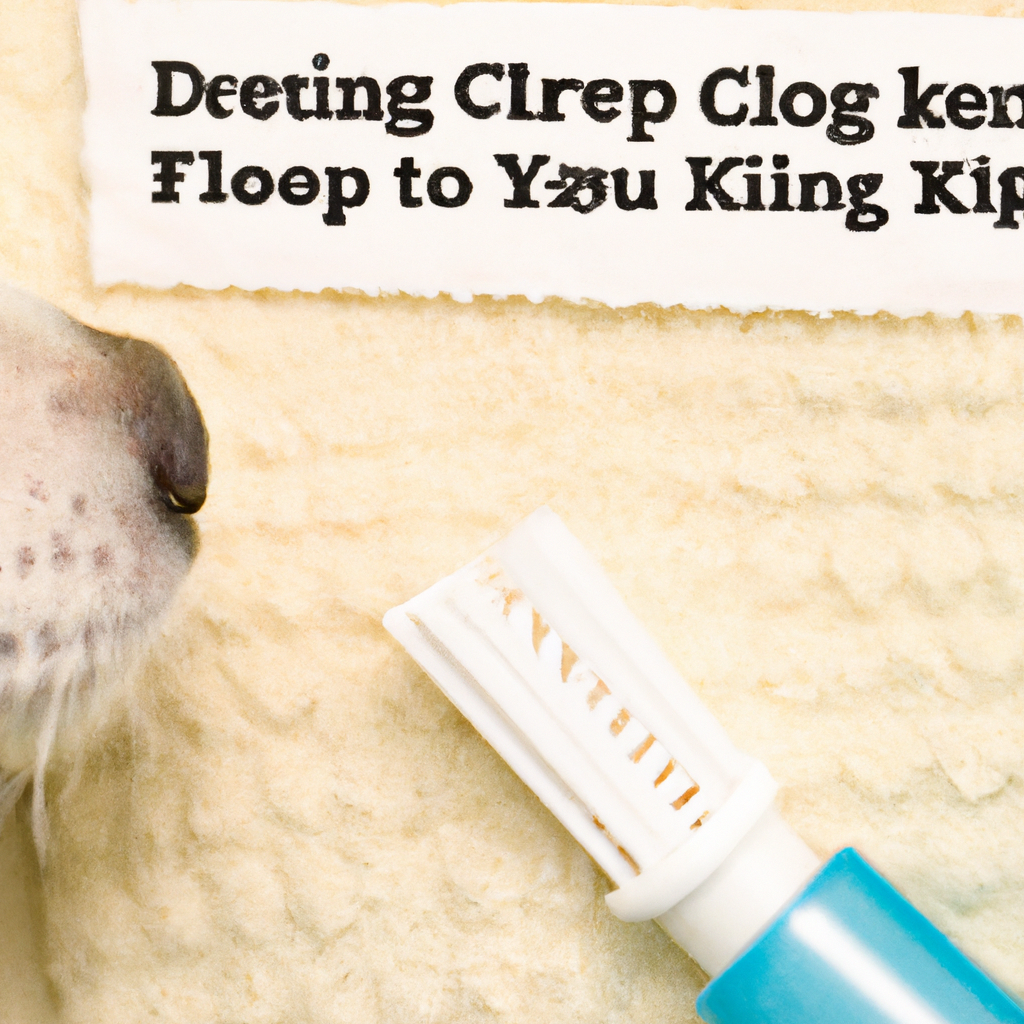
In a world where “fetch” is the most exciting game and belly rubs are the ultimate reward, our furry little friends hold a special place in our hearts. Dogs may not be the world’s best conversationalists, but they have their own unique way of communicating love and loyalty. However, there is one thing that often goes overlooked when it comes to our canine companions’ well-being: their dental health. Just like humans, dogs require proper dental care to stay healthy and keep their smiles sparkling. So, if you want your four-legged friend to have a fresh-smelling breath and a set of pearly whites that will make other doggos envious, we’ve got you covered! Here are some creative yet neutral tips to help you keep your dog’s teeth clean and fresh-smelling.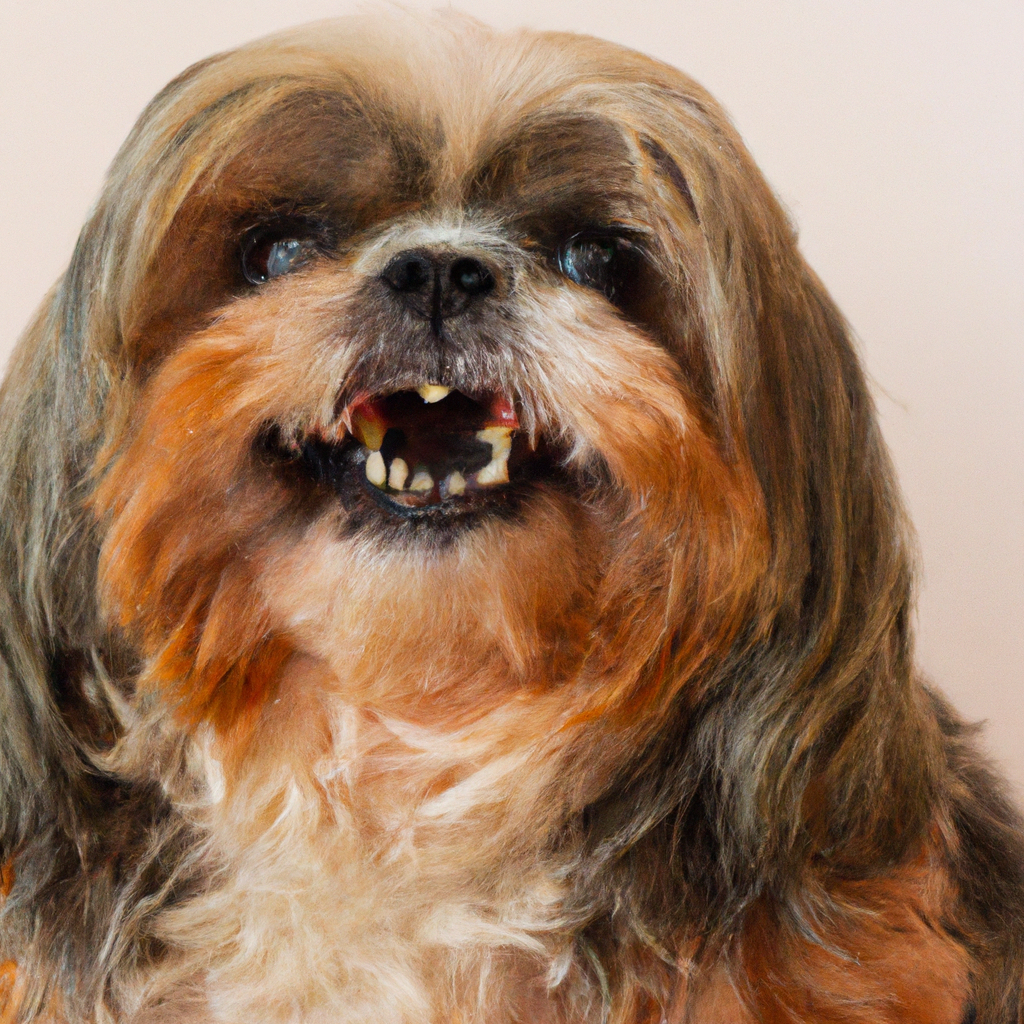
Understanding the Importance of Dental Health for Dogs
Dental health plays a vital role in the overall well-being of our furry friends. Just like humans, dogs require proper dental care to ensure their teeth and gums remain healthy throughout their lives. Neglecting dental hygiene can lead to a wide range of health issues for dogs, including painful infections and difficulty eating. By , pet owners can take proactive steps to keep their canine companions smiling and healthy.
Regular dental care for dogs not only improves their oral health but also has a positive impact on their overall quality of life. Here are some key reasons why dental health should not be overlooked:
- Prevention of dental diseases: Poor dental hygiene can contribute to the development of dental diseases such as periodontitis and gingivitis. Regular brushing and professional cleanings can help prevent these issues, saving dogs from discomfort and potential tooth loss.
- Improved breath: Bad breath in dogs is often a sign of underlying dental problems. Maintaining good dental health can reduce foul odors, ensuring those loving puppy kisses remain fresh and pleasant.
- Prevention of systemic diseases: Dental infections can spread to other parts of a dog’s body, potentially impacting their vital organs. By keeping their teeth clean and gums healthy, pet owners can help prevent the onset of serious health conditions.
- Pain relief: Dental issues can cause significant pain and discomfort for dogs. By prioritizing their oral health, pet parents can alleviate pain, ensuring their furry companions lead happy and pain-free lives.

Common Dental Problems in Dogs and How to Identify Them
When it comes to our furry friends, dental health is just as important as it is for humans. Dogs can encounter a range of dental problems that can cause discomfort and affect their overall well-being. By being aware of these common dental issues and knowing how to identify them, you can help maintain your dog’s oral health.
Gingivitis: One of the most prevalent dental problems in dogs is gingivitis, which is characterized by inflammation of the gums. Signs of gingivitis include red, swollen, and bleeding gums, bad breath, and reluctance to eat. Regularly examining your dog’s gums and noting any changes is essential for early detection.
- Plaque and Tartar Build-up:
- Tooth Fractures:
- Periodontal Disease:
Just like humans, dogs can also develop plaque and tartar on their teeth. These build-ups not only cause bad breath but can also lead to more severe issues such as gum disease and tooth decay. If you notice yellow or brown deposits on your dog’s teeth or a visible line along the gumline, it’s time for a dental check-up.
Accidents happen, and dogs aren’t immune to dental injuries. Tooth fractures can occur due to trauma, chewing on hard objects, or even gnawing on bones. Watch out for broken teeth, excessive drooling, pawing at the mouth, or your dog displaying signs of pain while eating. Immediate veterinary attention is vital to prevent further complications.
This is a severe gum infection that can lead to tooth loss and even damage to internal organs if left untreated. Signs of periodontal disease include swollen and bleeding gums, loose teeth, oral discharge, and difficulty eating. Regular dental cleanings and maintaining good oral hygiene are crucial to prevent and manage this condition.

Effective Homecare Tips for Maintaining Your Dog’s Dental Hygiene
Regular dental care is vital to ensure the overall health and well-being of your furry friend. Here are some effective homecare tips to help you maintain your dog’s dental hygiene:
1. Brush your dog’s teeth: Just like humans, dogs need their teeth brushed regularly. Invest in a dog-friendly toothbrush and toothpaste and gently brush their teeth at least 2-3 times a week. Be patient and gentle, rewarding your pup with praise and treats to create a positive association.
2. Provide dental-friendly treats: Treats specifically designed for dental care can help remove plaque and tartar while your dog chews. Look for treats that are specially formulated to promote dental health and reduce bad breath. Offering these treats in addition to regular dental cleanings can significantly improve your dog’s oral hygiene.
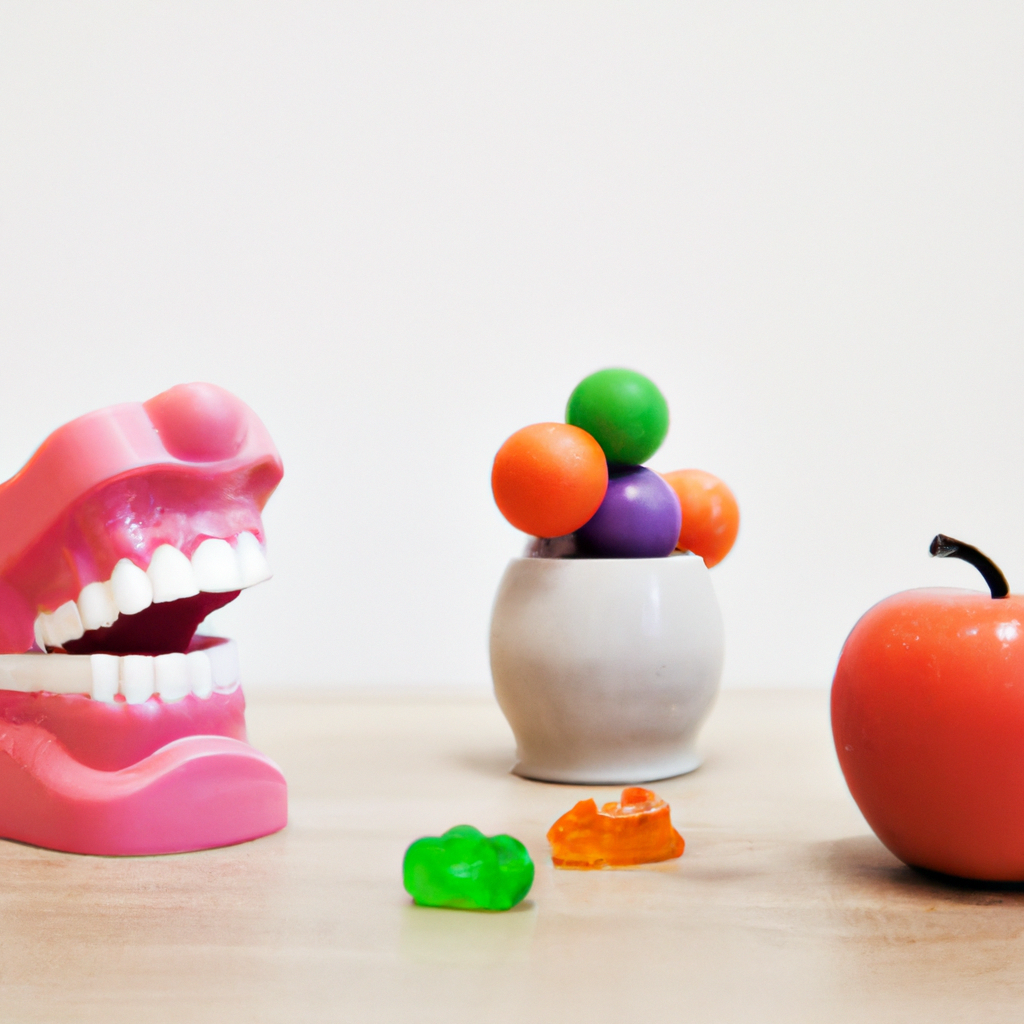
Nutritional Choices and Dental Toys for Fresher Breath and Stronger Teeth
Nutritional Choices for Fresher Breath
Ensuring a fresh breath not only boosts your confidence but also contributes to overall oral health. Making smart nutritional choices can play a crucial role in achieving and maintaining a pleasant breath. Including these breath-freshening foods in your diet can help neutralize odors and keep your breath smelling minty fresh:
- Crisp Fruits and Veggies: Munching on crunchy fruits and vegetables like apples, carrots, and celery not only provides essential vitamins and minerals but also stimulates saliva production, which helps cleanse your mouth.
- Refreshing Herbs and Spices: Incorporating herbs and spices like mint, parsley, and cinnamon into your meals can help naturally freshen your breath.
- Probiotic-Rich Foods: Adding yogurt, kefir, or fermented foods into your diet helps balance oral bacteria, reducing the chances of bad breath.
- Green Tea: Sipping green tea not only promotes good overall health but also contains natural compounds that combat the growth of bacteria causing bad breath.
Dental Toys for Stronger Teeth
Maintaining strong teeth is essential for proper chewing and a confident smile. Alongside good oral hygiene practices, introducing dental toys into your routine can provide additional benefits to strengthen your teeth. These toys help in cleaning and strengthening teeth by:
- Chewing Toys: Offering appropriate chewing toys to pets can aid in removing plaque and tartar buildup, keeping their teeth strong and healthy.
- Dental Treat Dispensers: Interactive treat dispensers for both dogs and cats not only provide entertainment but also encourage chewing, promoting healthier gums and teeth.
- Crunchy Dental Chews: These specialized chews for dogs are designed to remove tartar and massage the gums while providing a satisfying chewing experience.
By incorporating these enjoyable dental toys into your pet’s routine, you can contribute to their dental health while also keeping them entertained and happy!
Wrapping Up
As we bid farewell to this article, we hope you have gleaned some valuable insights into the world of doggy dental care. Remember, a bright smile is not just reserved for humans! By employing these tips for keeping your furry friend’s teeth clean and fresh-smelling, you can ensure their dental hygiene reaches peak performance.
Now is the time to embark on this jaw-dropping journey of dog dentistry, armed with toothbrushes, toothpaste, and an unwavering determination to conquer plaque and tartar. From regular brushing sessions to the power of dental treats, you hold the key to maintaining your canine companion’s pearly whites. Remember, a doggy’s smile is worth a thousand woofs and the ultimate testament to the care they receive.
So go forth and infuse your dog’s breath with a whiff of minty-freshness or a burst of tantalizing chicken flavor. Watch as their teeth glisten under the light, capturing the hearts of passersby and fellow pooches alike. Let their dental adventures become the stuff of legends – whispered with admiration in the hallowed halls of doggy parks and canine social circles.
But always remember, this is not just about maintaining a stunning dental presentation; it’s about safeguarding your four-legged companion’s overall health and happiness. By prioritizing their oral hygiene, you open a gateway to a longer, healthier, and blissful life for both you and your pup.
As we conclude, envision a world where wagging tails and fresh breath go hand in paw, where dental care becomes a cherished ritual and bonding experience between you and your furry confidant. And next time your dog greets you with a joyful bark and a joyful grin, know that you have played an integral part in their happiness.
On that note, dear readers, let us embark on this dental odyssey together, armed with toothbrushes and unwavering dedication. May the adventures of fresh breath and sparkling smiles continue, as our furry friends bask in the glory of exemplary dental care.

